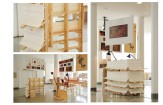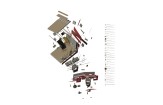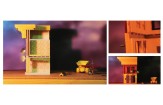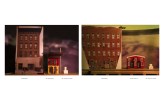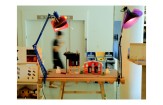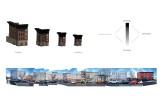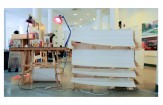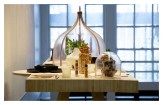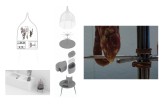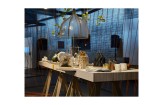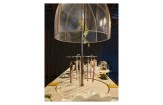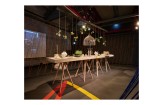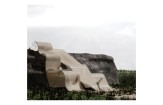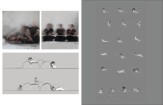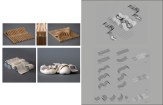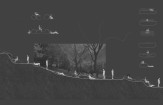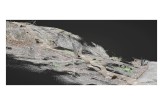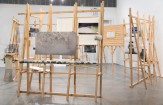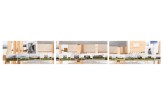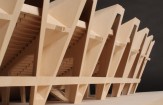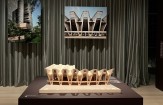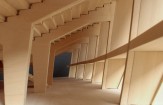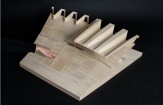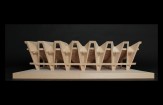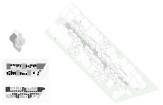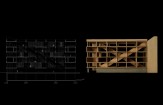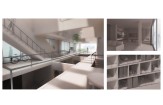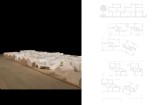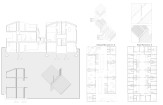Frederick Rapp
Instructor Adjunct
Frederick Rapp, known as Didi, received his B.Arch. at The Cooper Union. He is a designer from Miami and is based in New York City where he works between means of representation and their influence on fabrication. Didi has worked as a designer for several offices, including Pei Cobb Freed, 10 Design, and LMNOP.
He has participated in exhibitions in Miami, New York City, Pamplona, Tallinn, and Venice, including Edible, or the Architecture of Metabolism; Everything’s on the Table; MoMA’s Architectures of Decolonization in South Asia; and Vkhutemas: Laboratory of Modernism, 1920–1930. Didi presented The Land is not the Territory for his Benjamin Menschel Fellowship exhibition, which involved researching human interactions in relation to water along coastal areas. His recent thesis project, for which he received the Art Thompson Thesis Fellowship to research and fabricate full-scale models and mock-ups, was presented at the UNC Charlotte Thesis Conference Critical Mass. Didi is currently working on a digestive food cart that will be fabricated for and shown at the Shanghai Urban Space Art Season (SUSAS), which focuses on themes of coexistence and ecological relationships. Didi has taught and assisted with courses at The Cooper Union, The Chapin School, and The Cooper Union’s summer program for architecture.
Didi's CV is available here.
Projects
-
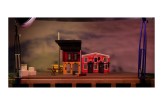
Mock-Downs: Restaged Catalogs
-
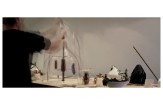
Everything's on the Table: Air Drying Chamber
-
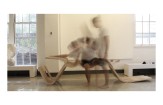
Mile Long Bench
-
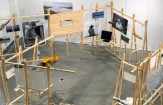
The Land is Not the Territory
-
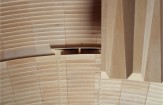
Architectures of Decolonization (MoMA)
-
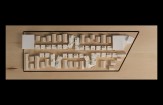
Communal Private Housing

